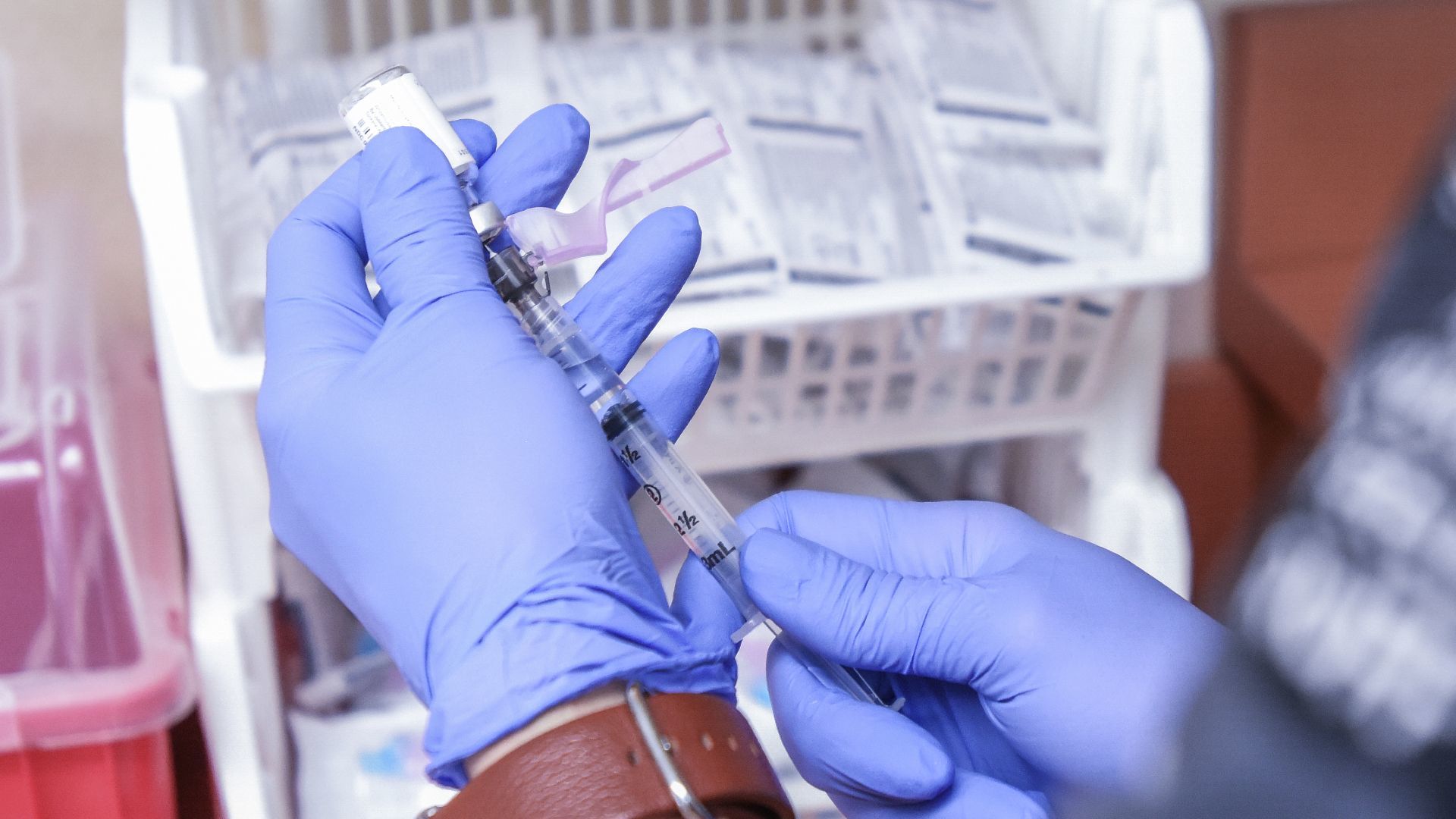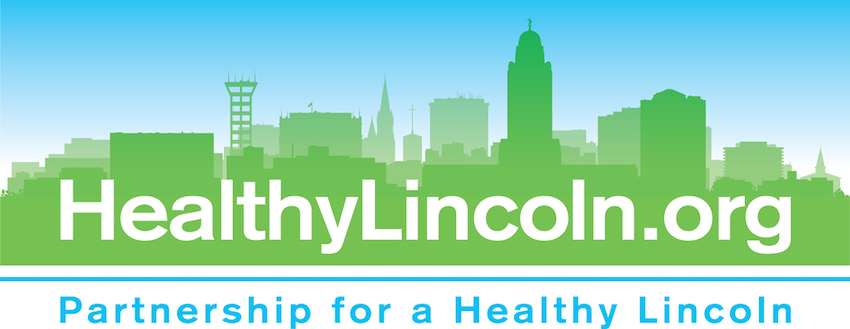
COVID VACCINE - Frequently Asked Questions, Updated October 10, 2025
Respiratory illness like COVID are particularly dangerous for infants, seniors, pregnant women, and those with underlying health conditions. When immunization rates drop, illnesses, hospitalizations, and deaths increase.
2025-2026 COVID Vaccine Formulas
The COVID-19 vaccines for the 2025-2026 respiratory season are monovalent. A monovalent COVID-19 vaccine is a vaccine that targets only one specific variant of the virus. Monovalent vaccines are typically developed and used when a new, dominant variant of the virus emerges and the previous vaccines may not provide adequate protection against it. The goal is to provide targeted immunity against the dominant circulating variant. The 2025-2026 vaccine formula with target the current dominant strain, the JN.1 COVID-19 variant. It is important to get the updated formula because this variant is highly transmissible and can partially evade the immunity built up by vaccination and earlier infections with other coronavirus strains.
Vaccine Composition. None of the approved formulas from Pfizer, Moderna, or Novovax contain fetal cells. Some vaccines use historic human cell lines, originally developed in the 1960s, during the manufacturing process. These cell lines are not present in the final vaccine product. The Vatican has stated that it is morally acceptable to get vaccines that used fetal cell lines, especially when no other options are available and public health is at risk. Other Christian denominations, Judaism, and Islam have made similar statements.
Vaccine Options. Novavax’s Nuvaxovid is a protein-based vaccine and seen as an alternative for those allergic to the mNRA vaccine. Both Moderna and Pfizer-BioTech’s COVID-19 are mNRA vaccines. The Moderna vaccine now is the only formulation available for children ages 6 months to 4 years. It also covers older ones. Pfizer’s vaccine, which previously had been approved for kids as young as 6 months, now is only approved for those aged 5 and older. Vaccines are advised by all leading medical experts* for everyone 6 months and over.
Vaccine Eligibility. Vaccination in Nebraska is open to all in consultation with a health care provider ("shared clinical decision-making"). People do not have to make an appointment with their doctor to get the vaccine, however. They can just have a conversation with a pharmacist, nurse or other provider. Medically vulnerable people should confer with their doctors for recommendations.
Vaccine Safety. Allergic reactions are very rare and similar to reactions that can happen with other vaccines, medications, or some foods. Mild systemic side effects include tiredness, body aches, and headaches, most of which last only 1-2 days and are treated with rest or over the counter medications.
The vaccines:
- do not alter your DNA
- do not cause infertility
- do not cause you to contract COVID
- are safe to co-administer with the flu vaccine
Vaccine Providers. The 2025-2026 vaccine will be available through most pharmacies and health departments who have previously provided COVID vaccinations. Call to verify availability at your preferred provider. The target date for the beginning of distribution is mid-September 2025.
For the 2025-2026 vaccine, check with your insurance provider to see if they are covering COVID vaccination. Most are following the recommendations of the top five medical associations and covering it, some are not. Some pharmacies will administer the vaccine for those 2 years and older without a prescription from your doctor, some may require it. If your insurance provider does not cover the vaccine but you are willing to pay out of pocket, most pharmacies will accommodate. Some doctors will also administer the vaccine if you request it.
Who Should Be Vaccinated
Everyone six months and older but respiratory illness like COVID are particularly dangerous for infants, seniors, pregnant women, and those with underlying health conditions. When immunization rates drop, illnesses, hospitalizations, and deaths increase.
Highest Risk Factors. Experts recommend staying up to date on your COVID vaccines, especially if you:
- Are older than 50. It's even more important if you are over 65. Your risk of getting seriously ill or dying from COVID is much higher than a younger person's.
- Have an underlying health problem like diabetes, chronic lung disease, or obesity. Having COVID-19 can be much worse if you have conditions like these.
- Have a weakened immune system. You may be at higher risk for getting very sick from COVID-19. The vaccine may not work as well for you, but it should still be safe.
- Are pregnant, were recently pregnant, or are planning a pregnancy, or if you are breastfeeding. Getting the vaccine during pregnancy can help protect both you and your baby. Pregnancy makes it more likely that you will get seriously ill or even die from COVID. Getting vaccinated helps keep you safer. It helps protect your baby from COVID after birth too. For example, your baby is less likely to be hospitalized for COVID-19. There is no evidence that vaccines, including the COVID-19 vaccine, cause fertility problems.
- Are at a higher risk for getting very sick or dying from COVID-19 because of where you live or work. People who don't have access to health care are also at a higher risk. So are people from racial and ethnic minority groups and some people with disabilities.
Leading Medical Association Recommendations*
Children. Childhood and adolescent immunizations are a valuable public health tool to prevent infection, hospitalization, and death. Maintaining high vaccination coverage is crucial for preventing outbreaks of vaccine-preventable diseases. Staying up to date on vaccines are the best way to protect children from becoming severely ill or having long-lasting health impacts due to COVID-19. The Moderna vaccine now is the only formulation available for children ages 6 months to 4 years. It also covers older ones. Pfizer’s vaccine, which previously had been approved for kids as young as 6 months, now is only approved for those aged 5 and older.
The American Academy of Pediatrics continues to emphasize the importance of vaccinating children against COVID, even though it's no longer a part of the routine immunization schedule and urges parents to request vaccination for children 6 months and older as it has been proven to be safe and effective. In regard to healthy children, ages 6 months – 17 years, the vaccines will be available to that pediatric population under what is called shared clinical decision-making. When parents desire their children, 6 months through 17 years who are not moderately or severely immunocompromised, be vaccinated, they may be on an individual basis, informed by a decision process between the health care provider and the patient or parent/guardian. The American Academy of Family Physicians recommends that patients receive all recommended immunizations and does not support nonmedical immunization exemptions
Pregnant Women. The Infectious Diseases Society of America, American Academy of Family Physicians, American Academy of Pediatrics, American College of Physicians, and the American College of Obstetricians and Gynecologists, organizations that collectively represent a wide range of medical specialties and are committed to promoting evidence-based medicine and protecting public health, are strongly recommending COVID-19 vaccination for pregnant individuals.
These organizations emphasize that vaccination is safe and effective during pregnancy and is the best way for pregnant individuals to protect themselves from severe illness and potential harm from COVID-19 infection, including death. They also highlight that the vaccines have no impact on fertility and that infants born to vaccinated individuals are also protected.
Their recommendations are based on strong scientific evidence demonstrating the benefits of COVID-19 vaccination for both pregnant individuals and their infants. The organizations urge all pregnant individuals, as well as those recently pregnant, planning to become pregnant, or breastfeeding to get vaccinated.
Insurance Coverage for the 2025-2026 Vaccines
Insured Individuals: Most people with private health insurance, Medicare, and Medicaid can still get the vaccine at no cost, but check with your insurance provider to see if they are covering COVID vaccination. Most are following the recommendations of the top five medical associations and covering it, some are not.
Uninsured/Underinsured Individuals: The CDC's Bridge Access Program, which previously provided free vaccines to these groups, ended in August 2024. However, there might still be some free or low-cost options available through state or local health departments or through the Vaccines for Children (VFC) program for eligible children.
COVID in Vaccinated Individuals
Because no vaccine is 100% effective, some people will get COVID-19. These vaccine breakthrough cases are expected. However, vaccinated persons are likely to:
- Spend fewer sick days in bed
- Be less likely to have fever or chills
- May be less likely to spread the virus to others
Prior COVID Infections
If you’ve recently had COVID, it’s still important to stay up to date with your vaccines. However, you can wait three months since your symptoms began or, for asymptomatic cases, since you first tested positive. There’s also some evidence to support waiting as long as six months after a COVID infection to receive an updated COVID vaccine. Waiting longer than three months is not recommended for high-risk groups, but it’s something people can discuss with their doctor.
Annual COVID Vaccination
Just like the flu vaccine, an annual COVID vaccine is recommended by healthcare experts for everyone, but especially important for those who are:
- 65 years and older
- Age 18+ who live in long-term care settings
- Those who have underlying medical conditions in consultation with their healthcare provider
- Age 18+ who work or live in high-risk settings
Long COVID
Long COVID or post-COVID-19 syndrome is an array of symptoms that present four to eight weeks after acute illness has passed. Long COVID can affect both adults and children. The condition is thought to affect as many as 30 percent of patients and can include a continuation of symptoms suffered during the acute phase — shortness of breath or fatigue, for example — along with new symptoms that occur after patients feel like they’ve recovered: chest discomfort, severe pain, dizziness, vomiting, brain fog. Even people who did not have any symptoms can experience long COVID, which can present as different types and combinations of health problems and can range in lengths of time. More Q & A about long COVID.
Vaccination may reduce the risk of long COVID in two ways. The first is by reducing the risk of becoming infected with COVID in the first place. A recent study also shows that fully vaccinated people who experience breakthrough infections are about 50% less likely to develop long COVID than people who are infected without having been vaccinated.
Antiviral COVID Drugs
Vaccination is the best line of defense against COVID-19. While antiviral drugs and other treatments are an important advancement, they are not 100% effective in reducing risk of hospitalization or death from COVID-19, and they are no substitute for getting vaccinated. Getting COVID-19 still causes serious health impacts for some people, especially those who are not vaccinated. Preventing serious infection by staying up to date on vaccinations and taking other precautions, like masking and distancing — particularly if your COVID-19 community level is high — are the best ways to protect your health.
However, taking an antiviral drug can lessen the severity and duration of COVID if taken early. Paxlovid, an oral antiviral pill that can be taken at home, is the go-to treatment for COVID-19. If you are at high risk for severe disease from COVID, and you take it within the first five days of experiencing symptoms, it will lower your risk of getting so sick that you need to be hospitalized. Paxlovid was granted full approval in May 2023 by the Food and Drug Administration (FDA) for the treatment of mild-to-moderate COVID in adults at high risk for severe disease, including hospitalization and death. The drug had an 89% reduction in the risk of hospitalization and death in unvaccinated people in the clinical trial.







